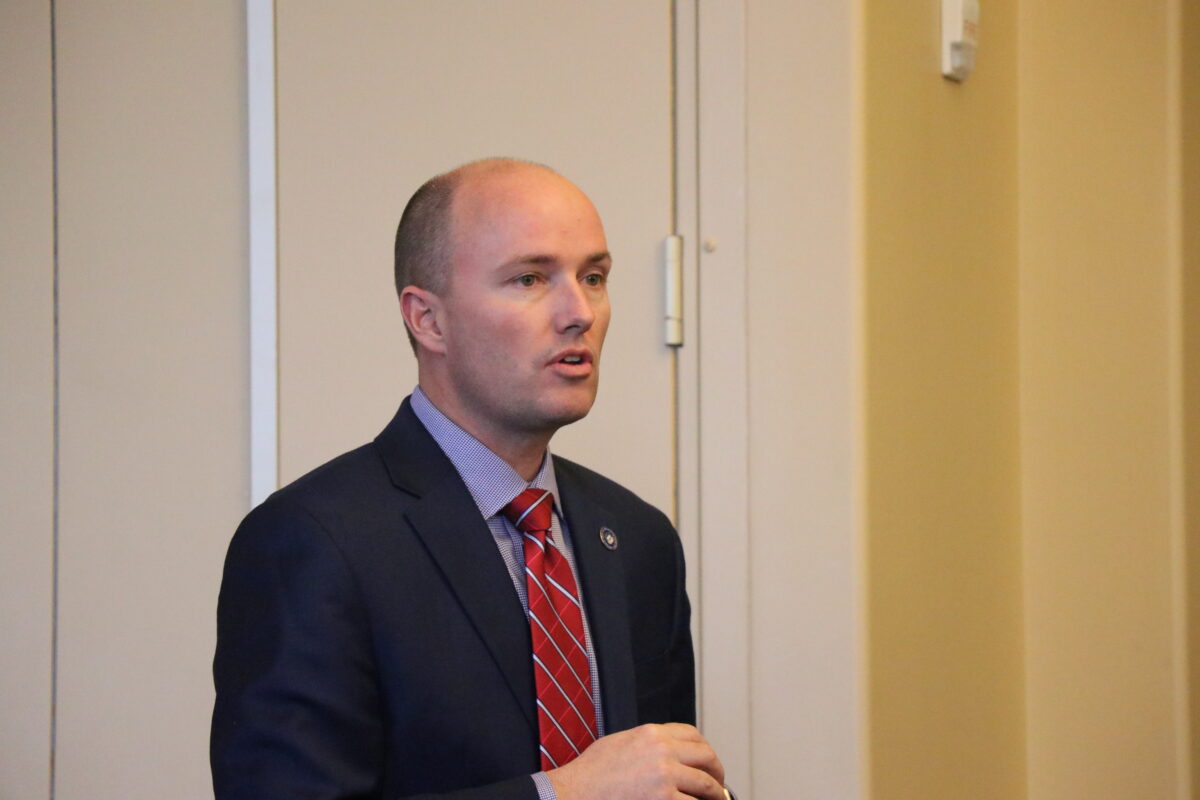In the aftermath of conservative activist Charlie Kirk’s shooting, Utah Governor Spencer Cox didn’t just talk about political violence — he took aim at social media itself.
“Social media is a cancer on our society right now,” Cox said, urging people to “log off, turn off, touch grass, hug a family member, go out and do good in your community.” He also warned about the flood of disinformation and outrage that predictably followed the shooting — manipulated videos, false claims, and an endless cycle of blame and anger.
Cox’s blunt words raise a bigger question — how do we stay informed without being consumed by the chaos of platforms that thrive on outrage?
The Outrage Machine
When television was king, it was commonly nicknamed “the idiot box,” because it tended to lead Americans toward apathy and mindless entertainment. Today, the Internet has become the outrage machine, leading Americans to misinformation, shock, and anger.
Yet, most Americans now get their news and information solely from social media. Here’s the problem with social media as a primary news source:
- False starts spread first. In the rush to be “first,” half-formed stories, rumors, and guesses get shared widely — often before facts are verified.
- Algorithms reward outrage. The content most likely to make you angry or shocked is the content most likely to rise to the top of your feed. Controversial posts get more engagement, so they tend to float to the top, whether they are accurate or not.
- Influencers aren’t journalists. Many who comment on the news online have no obligation to verify or contextualize — but they often shape public opinion more than fact-checked reporting does. Your favorite influencer is most likely not a journalist. They do not have the same burden of proof or verification that professional journalists have.
- Social media isn’t news: The purpose of social media is not to inform you. It doesn’t exist as a news source and was never intended to. The news informs you and tells you about the events of the day. Social media tells you what people are saying. If you want to discuss news on social media, you should consume the news independently first.
Cox isn’t the first person with this sentiment about social media, but his timing matters. When tragedy hits, misinformation spreads faster than truth. And in that fog, bad actors and bots can twist the story before facts even settle.
A Healthier Way to Get News
You don’t have to delete every app, but you can take back control of how you consume news.
- Choose direct sources. Rely on outlets and newsletters that are accountable to their communities — not influencers chasing engagement. Make it a habit to check local and national news websites or apps before you hop on social media.
- Slow it down. Instead of refreshing feeds, get news delivered at regular intervals. It lowers the temperature and gives space for facts to develop.
- Diversify. Don’t let one algorithm define your worldview. Read across outlets, especially local ones, to understand what’s really happening in your community.
We Can Help
At The Georgia Sun, keeping you informed is central to our mission. You can visit our website each day, and we’d love that, but we also deliver news straight to your inbox. Our daily, weekly, and context-based e-mail newsletters offer you:
- Curated, fact-based updates straight to your inbox.
- Georgia stories that national outlets overlook.
- Context and clarity without the noise of social media algorithms.
Outrage shouldn’t define how we live or how we stay informed. If you want news that puts facts first — without the chaos — put your email address in the box below and make sure you are staying informed and not outraged.

B.T. Clark
B.T. Clark is an award-winning journalist and the Publisher of The Georgia Sun. He has 25 years of experience in journalism and served as Managing Editor of Neighbor Newspapers in metro Atlanta for 15 years and Digital Director at Times-Journal Inc. for 8 years. His work has appeared in several newspapers throughout the state including Neighbor Newspapers, The Cherokee Tribune and The Marietta Daily Journal. He is a Georgia native and a fifth-generation Georgian.


